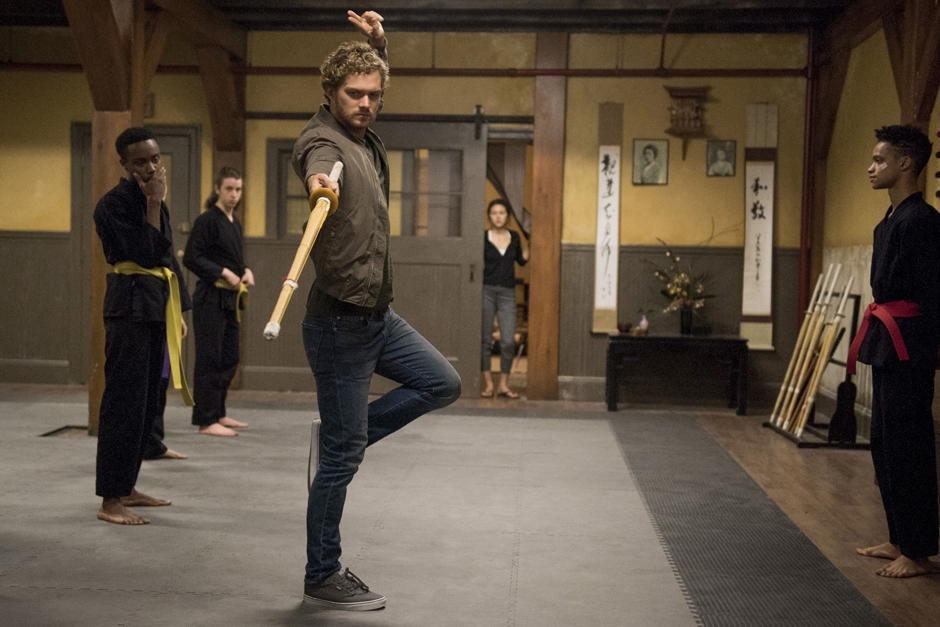
Sean Armstrong | Staff Writer
06/24/18
On July 20, 2017, Linkin Park frontman Chester Bennington took his life. Nearly a year later, the same conversations many Linkin Park fans already had re-entered the mainstream, with the deaths of Anthony Bourdain and Kate Spade rocking the foodie and fashion worlds.
While it is impossible to know why Bennington took his own life, Mike Shinoda prefers to focus on the question of “What’s next?” rather than focus on the unknowable. Shinoda, former Linkin Park bassist and rapper, just released his newest album as a pseudo-answer to that very question.
Post Traumatic details what the family and friends feel in the aftermath of a loved one’s suicide but stylistically is very detached while still remaining introspective. This can be seen in the opening track “Place to Start” with lyrics like “Pointing fingers at villains, but i’m a villain myself,” and again on the song “Hold It Together” when Shinoda says “She said, ‘Are you okay?’/And I’m staring into space/It’s making her nervous cause one thing is certain/I don’t have my head on straight.”
The three songs that kick off the album are “Place to Start,” “Over Again” and “Watching as I Fall,” all of which were on the Post Traumatic EP in January. These tracks were not only the commercial jumping-off point for the greater work that was just released, but are also the emotional beginning of Shinoda’s traumatic experience that unfolds throughout the album.
In this way, the album starts with that question of “What’s next?” It doesn’t really provide an answer, but rather gives more inquiries for the listener to ponder to themselves. Some of these questions include “What do I want,” “How do I get past the memory of them,” and “Am I holding on to this too much?”
He sets the stage for these questions by balancing sorrow and anger in equal measure. The guitar wails on the opening tracks while the lyrics express a much darker tone. One of the more notable instances of this is in the chorus for ”Over Again,” when he says “Sometimes, sometimes you don’t say goodbye once/ You say goodbye over and over and over again.” In this part the backbeat is somber and melancholy, but when the song breaks for the verse, the music intensifies while the lyrics remain dark.
Then, the album begins to fade away from the original concept — the raw emotion experienced in the immediate aftermath of a traumatic event — to touch on the next step in the grieving process: “Where did it all go wrong?” This latter phase lasts until the final song on the album.
During this reflective phase of the album, the anger dissipates and is replaced by sorrow. In a way, the listener’s confusion is cleared up as Shinoda’s resolve and mind defog. The lyrics also increasingly deviate from rap as the album continues until it closer resembles electronic-rock.
The final song, “Can’t Hear You Now,” is where rap dominates the track, and consequently the electronic-rock remains only a staple for the chorus. This rage isn’t pointed at the situation or the terrible fate handed to the loved ones of those who take their lives, but rather at Shinoda himself, for letting his grief overtake him and dictate his life.
This is where the major flaw of the album comes into effect. It took Shinoda 15 songs to explain how he felt in the wake of this tragedy, but only a single song to emphasize that he is past all of it. That just doesn’t seem balanced.
Perhaps Shinoda did come to terms with Bennington’s death. We can’t know for sure, but from the perspective of the listener, one song alone can’t wrap up Shinoda’s anguish that took 15 songs to describe. It was a lot of hype to the finale, but then at the finale something seems to just go amiss.
Overall, Post Traumatic is admirable in its approach to such a prevalent and important topic, but Shinoda would have served listeners better by giving himself more time to process everything that happened before releasing his creation to the public.




